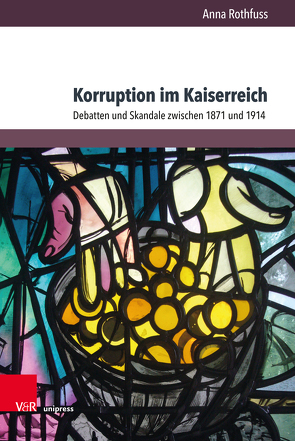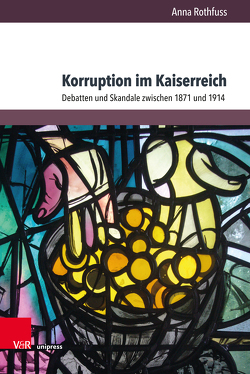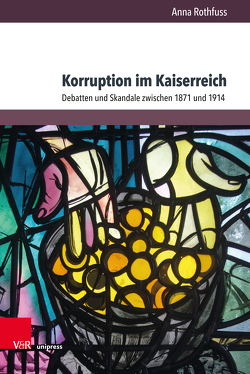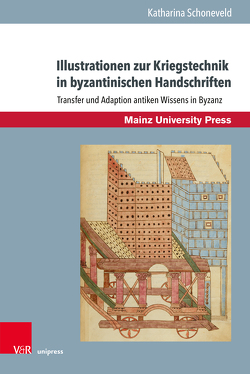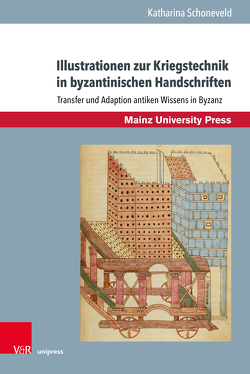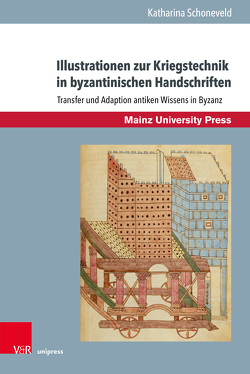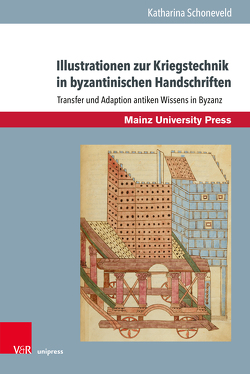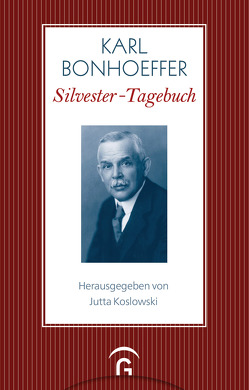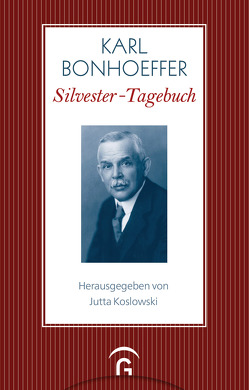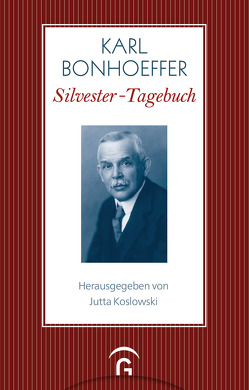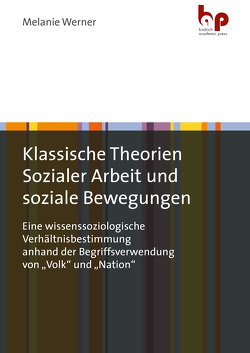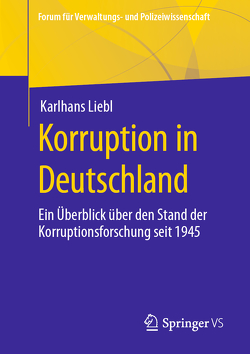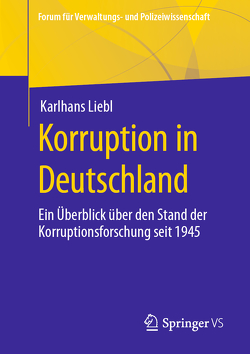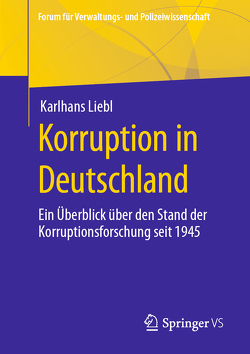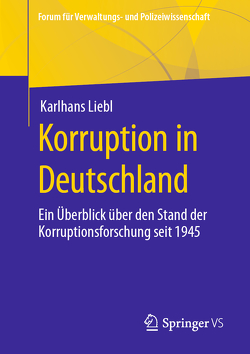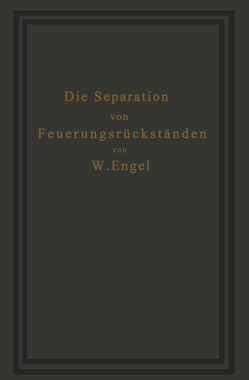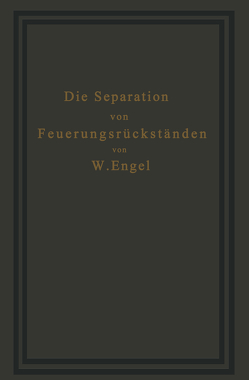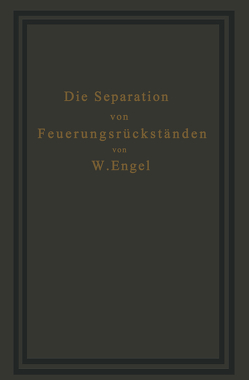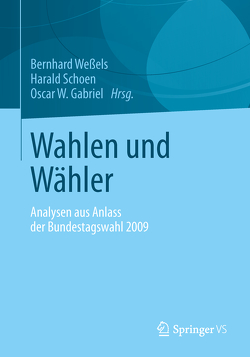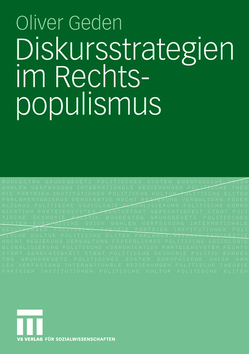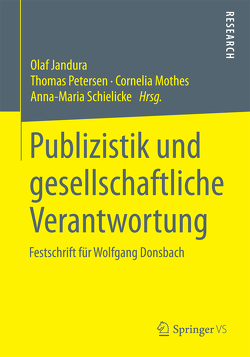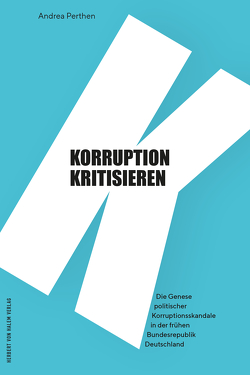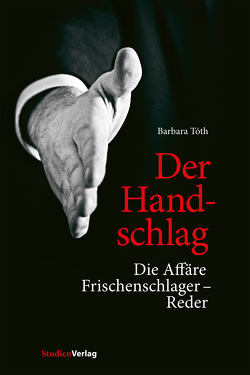Korruption im Kaiserreich
Debatten und Skandale zwischen 1871 und 1914
Anna Rothfuss
Korruption hat es im Deutschen Kaiserreich nicht gegeben? Anna Rothfuss stellt dieses »Selbstbeschreibungsstereotyp« der Zeitgenossen in Frage und zeigt in ihrer systematischen Untersuchung erstmals, dass zwischen 1871 und 1914 nicht nur rege, sondern auch kontinuierlich über Korruption gesprochen wurde. So waren nicht zuletzt bekannte Namen wie Bismarck oder Krupp in Korruptionsdebatten und -skandale involviert. Als fester Bestandteil der politischen Kommunikation wurde Korruptionskommunikation von allen Akteuren gleichermaßen instrumentalisiert und ermöglichte es, politische Handlungsspielräume über verfassungsgegebene Grenzen punktuell zu erweitern. Darüber hinaus zeigt die Autorin, dass sich das normative Urteil über korrupte Handlungsweisen zunehmend homogenisierte.
Corruption does not exist in the German Empire? Anna Rothfuss questions this common declaration by contemporaries and successfully shows that despite such self-affirmations, German society between 1871 and 1914 talked not only frequently but continuously about corruption. Not least, powerful names such as Bismarck and Krupp were topics of corruption debates and scandals. As an essential component of political communication, all political protagonists instrumentalised communication about corruption, which allowed them to partly expand their scope of action beyond constitutional restrictions. In addition, Rothfuss’ research demonstrates that in parallel the normative judgement of corrupt actions unified over time.
